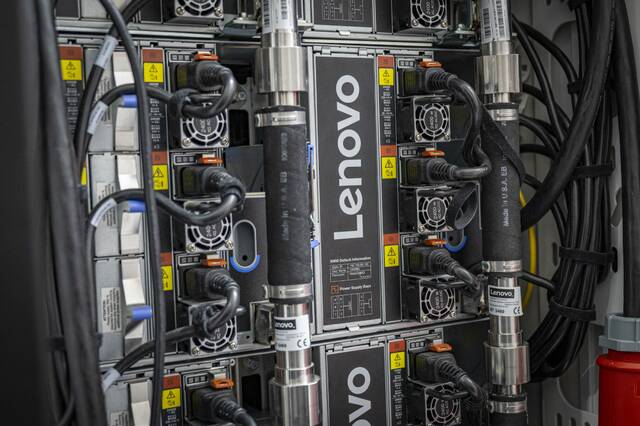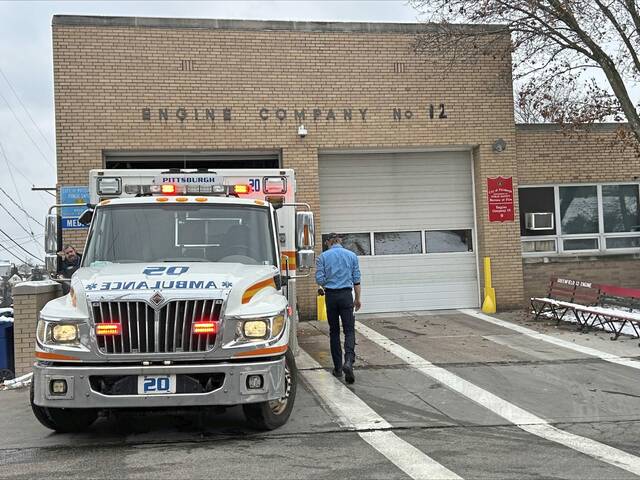Transplantation surgery and the illnesses that can precipitate it come with a lot of baggage.
There may be years of health problems that build up to a transplant. Patients and their families can be so steeped in the language and procedures of their hospitals that they develop an almost professional appreciation for what is happening. They know what they have to do and what the risks are if they don’t.
A mom with a child on a heart transplant wait list can be a guard dog when it comes to germs making it into her house. Someone who goes through the dialysis while clutching a phone that could tell him he is finally getting a kidney is well aware of what it means to not get that organ. People counting their days know the value of every minute.
That kind of understanding is why UPMC and Allegheny Health Network are doing the right thing in not denying organ transplants to those who have not received covid-19 vaccinations.
In other states such as Colorado and Washington, some hospitals are making the vaccines a requirement. This is a mistake because it treats people inside of the process like they are too stupid to understand what is going on.
People living with the kind of severe illnesses and injuries that demand transplants are people who have had to learn how the lungs function and why they stop or what makes it OK to donate part of a liver. They know the importance of the immune system because they are preparing for rejection. They have become experts in the kind of science no one wants to have to study — the science of staying alive against all the odds.
And so UPMC and AHN are approaching these people in the best way possible — with education and outreach. They encourage rather than demand, and it appears to be a successful approach.
“Currently, the vast majority of the patients in our abdominal and cardiovascular transplant programs have heeded that recommendation, and we take every opportunity to reinforce with those who haven’t the importance of doing so,” said AHN spokeswoman Catherine Clements.
Staying safe from something as simple as a cold is important for transplant patients as some symptoms or illnesses could prompt a delay. Among those are respiratory problems or pneumonia, which can complicate anesthesia. Contagious illnesses and fever are on that list, too. All three could come into play with a covid diagnosis.
Explaining those factors in the same way patients might be warned about smoking or drinking as dangerous to someone awaiting a lung or liver transplant respects the intelligence and understanding of the patients while still emphasizing the importance of the vaccine.








